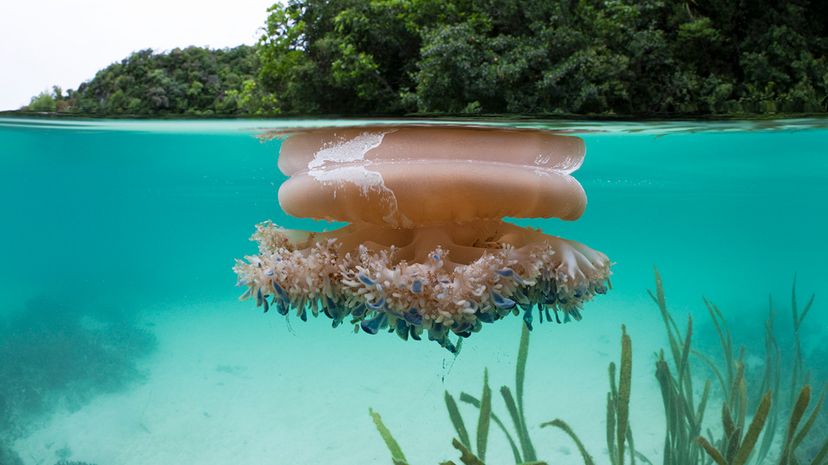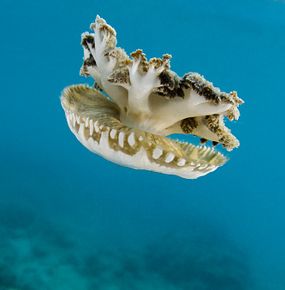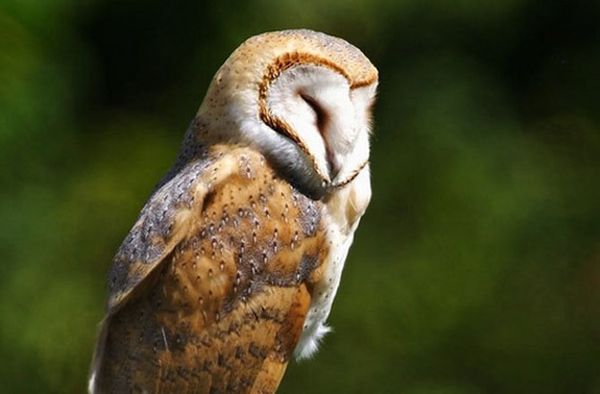
You probably don't think you have much in common with a jellyfish. After all, their species don't share elemental properties with you like a spine or a brain, or even the same interests. The primitive jellyfish in the genus Cassiopea spends its time resting upside down on the ocean floor rather than waiting for the next season of "Game of Thrones."
Researchers have discovered, however, that you and ol' Cassiopea are more alike than anyone might have suspected. You both begin and end your days with a little shut-eye — yes, jellyfish sleep. The study was published online in the September 2017 edition of the journal Current Biology.
Advertisement

"It may not seem surprising that jellyfish sleep — after all, mammals sleep, and other invertebrates such as worms and fruit flies sleep," says Ravi Nath, the paper's co-first author and a graduate student in CalTech's Sternberg laboratory, in a press release. "But jellyfish are the most evolutionarily ancient animals known to sleep. This finding opens up many more questions: Is sleep the property of neurons? And perhaps a more far-fetched question: Do plants sleep?"
To test whether the jellyfish were actually sleeping, researchers set up cameras and found the jellyfish were largely inactive at night, and pulsed less than during the day — about 39 times compared to 58 times during sunlit hours. Then the team discovered it was harder to rouse the jellyfish at night, too. They set up a false bottom within the jellyfish tank and pulled the platform out from under the jellyfish. When alert during the day, the jellyfish immediately swam to the bottom of the tank. At night, it took several seconds for the jellyfish to awake before heading to the tank floor.
The researchers also demonstrated that sleep is essential to jellyfish, just like it is to people. After keeping the jellyfish awake during the night with pulses of water, the jellyfish were sluggish and sleepy the next day when they otherwise would have been active.
The discovery that jellyfish sleep could be an important next step in sleep research for all types of species. While the basis and function of sleep is still a mystery to scientists, it's often associated with the brain because sleep has a profound impact on memory and learning. Jellyfish don't need a brain to need sleep — which could be a revolutionary concept for sleep science.
Advertisement


